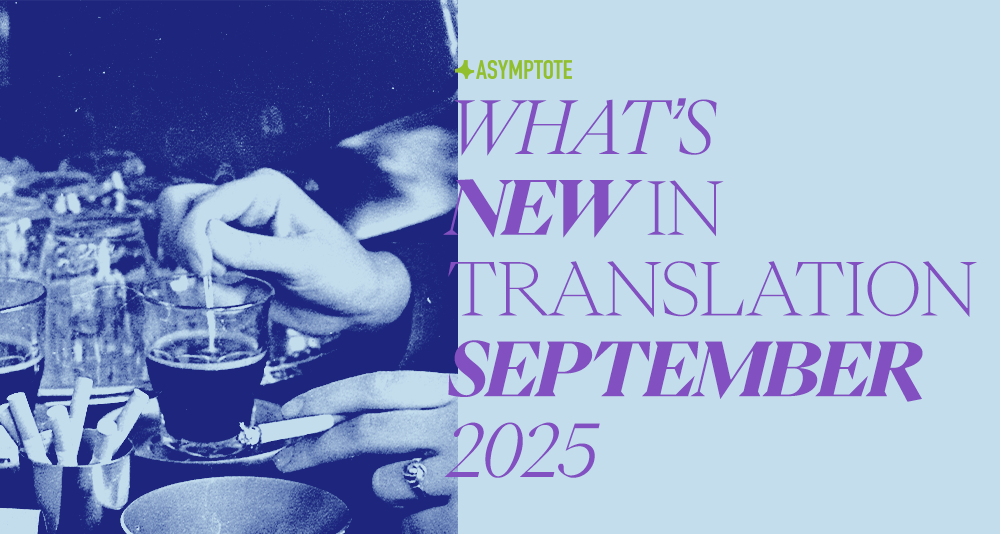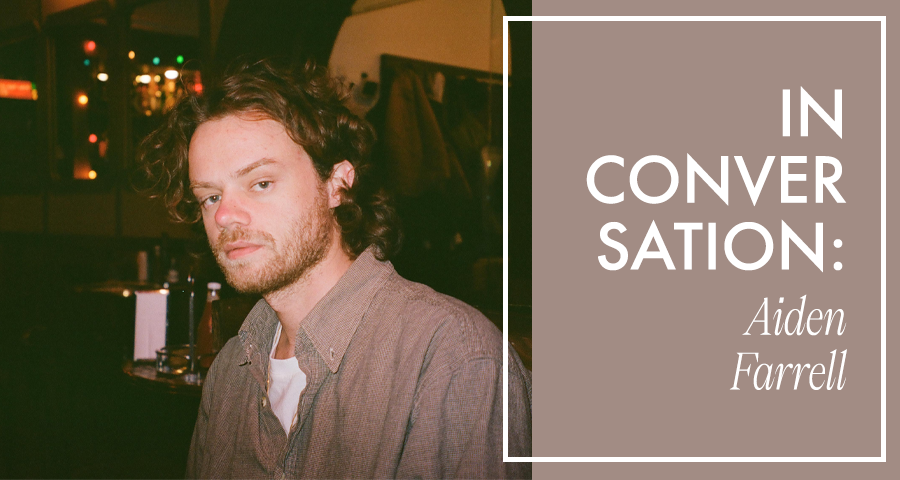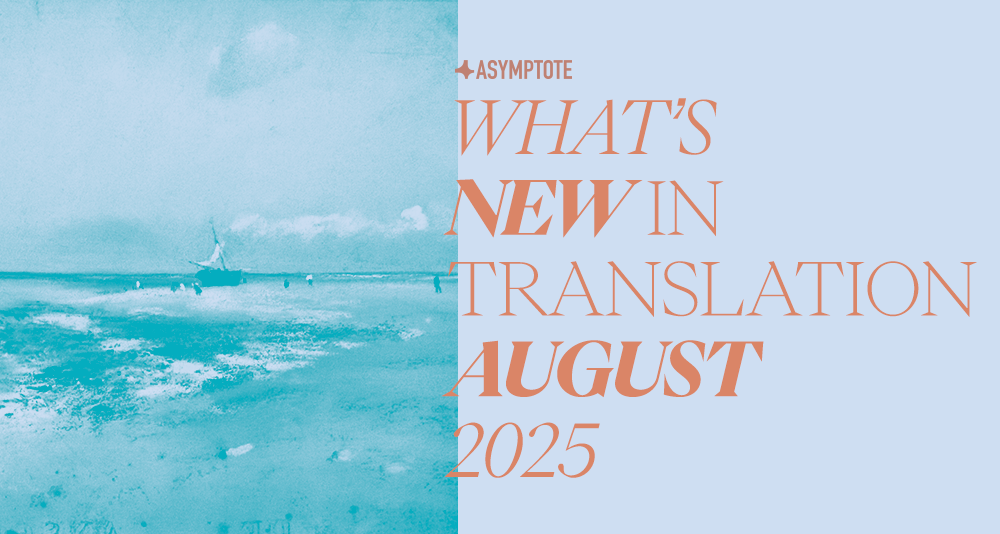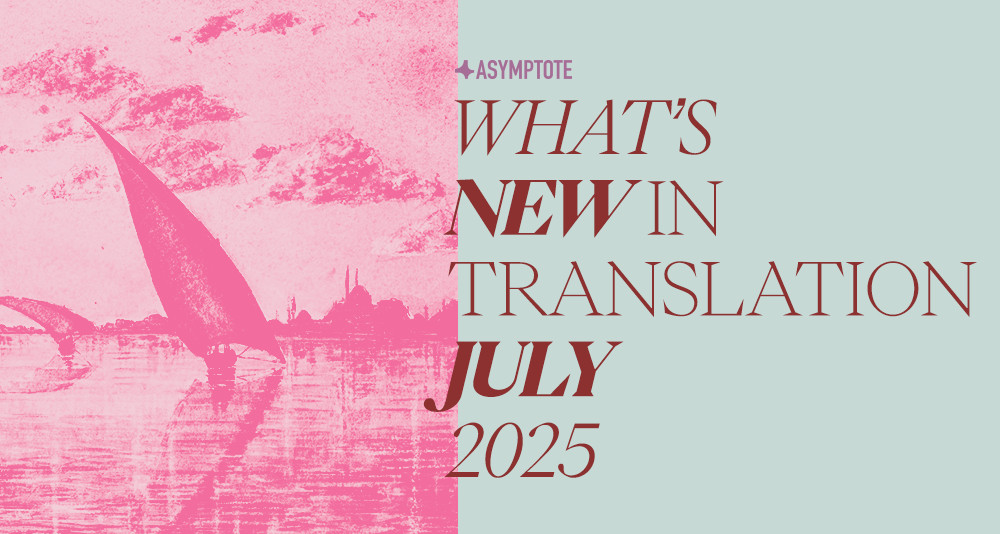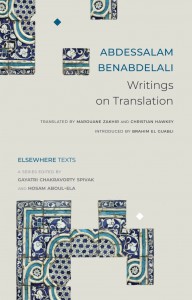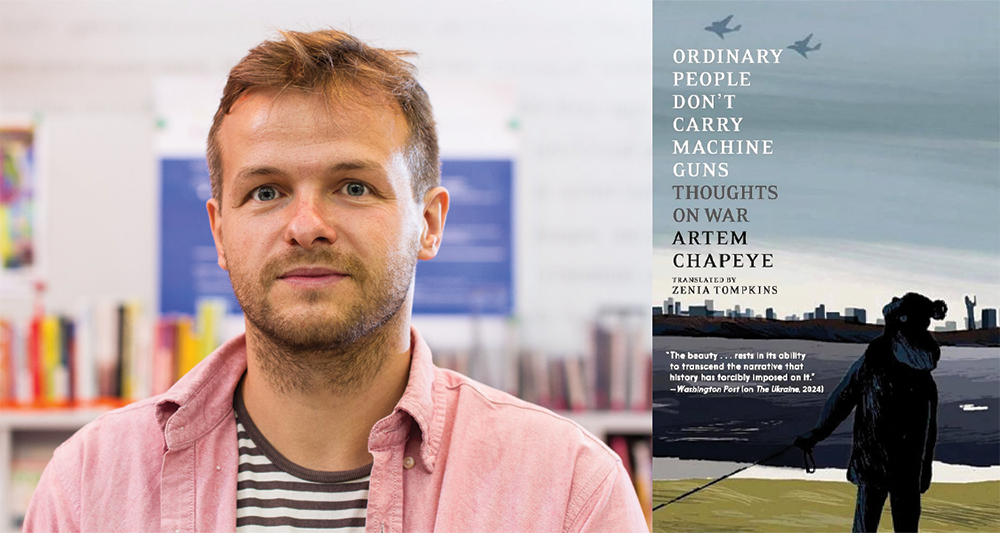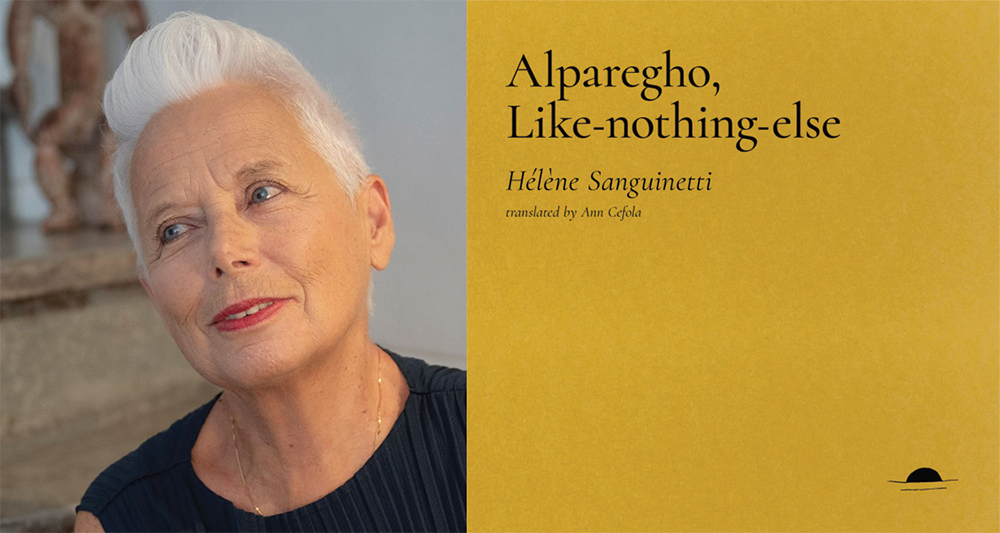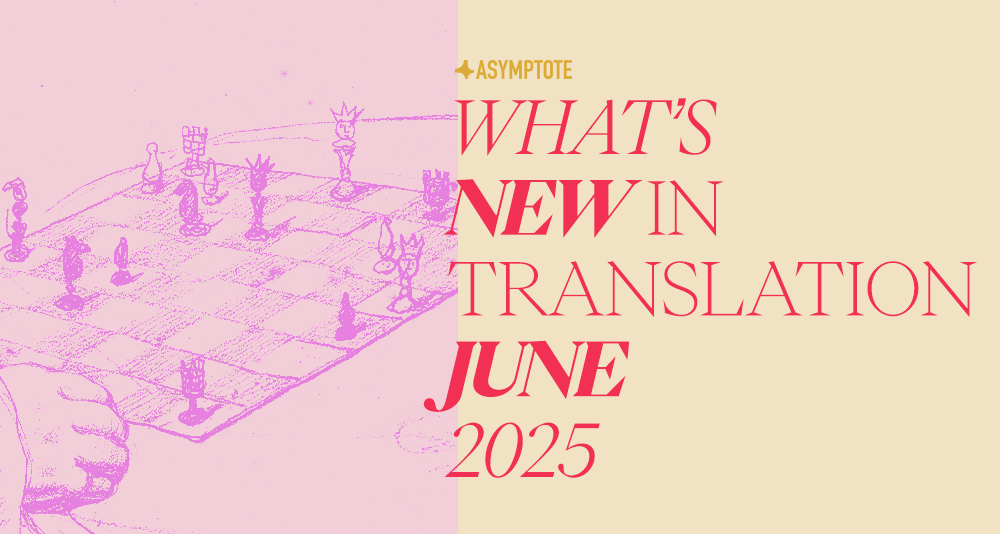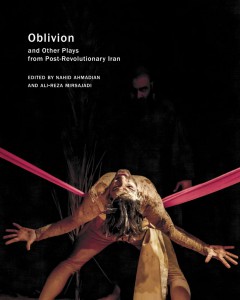This week, our editors-at-large give us a window into discussions about the importance of literature in translation across cultures—as something that connects people, responds to disaster, and creates community. Read on to find out more about a conference in India, one in the Balkans, new poems and essay collections, and more!
MARGENTO, Editor-at-Large, reporting from Spain and Belgium
Asymptote contributor Felix Nicolau translated a selection of poems by the Spanish poet Fulgencio Martinez for the latest issue of the Romanian journal Apostrof. Martinez visited the Romanian Language and Culture Centre (led by Nicolau) at University of Granada back in June which triggered a fruitful international conversation. Nicolau’s exquisite renditions bring witness to the Spanish poet’s vision of the lyric as both a haven from and a look into the world’s (and “any world’s”) political turmoil and injustice. Serendipitously, these translations speak to another groundbreaking event in the other literature I follow closely; the Belgian one.
The most remarkable recent event in Belgian Francophone letters is the release of Myriam Watthee-Delmotte’s collection of essays La littérature, une réponse au désastre (Literature, Response to Disaster) from Royal Academy of Belgium’s press. The internationally-awarded academic, writer, and essayist’s book has already received impressive coverage in Belgium and beyond. Watthee-Delmotte has also recently launched a novel, Indemne. Où va Moby-Dick? (Safe and Sound: Where’s Moby-Dick Headed?) with Actes Sud) and the two books are the subject of a two-episode interview podcast on Radio France Culture and also a streaming broadcast on for two weeks in a row (September 10th through the 25th). READ MORE…


